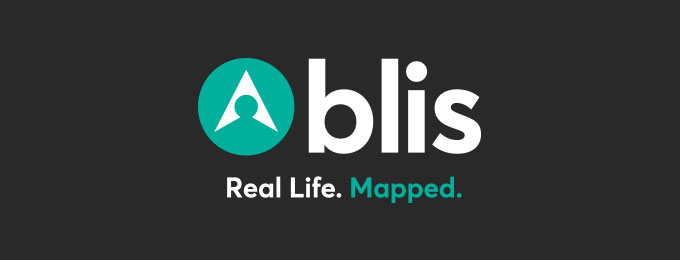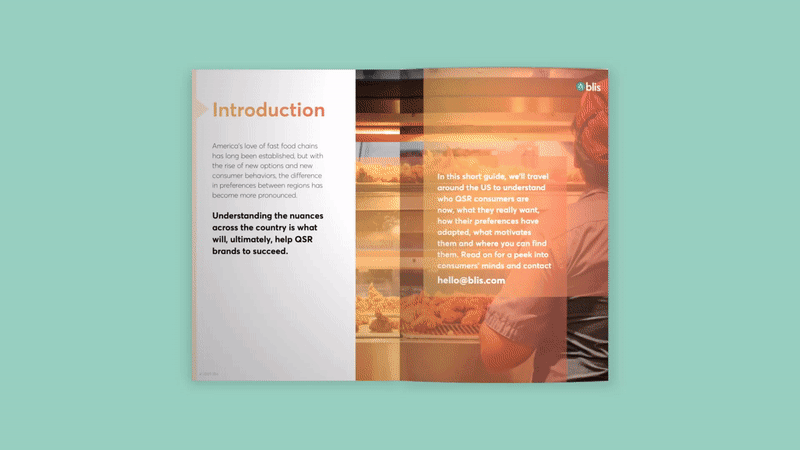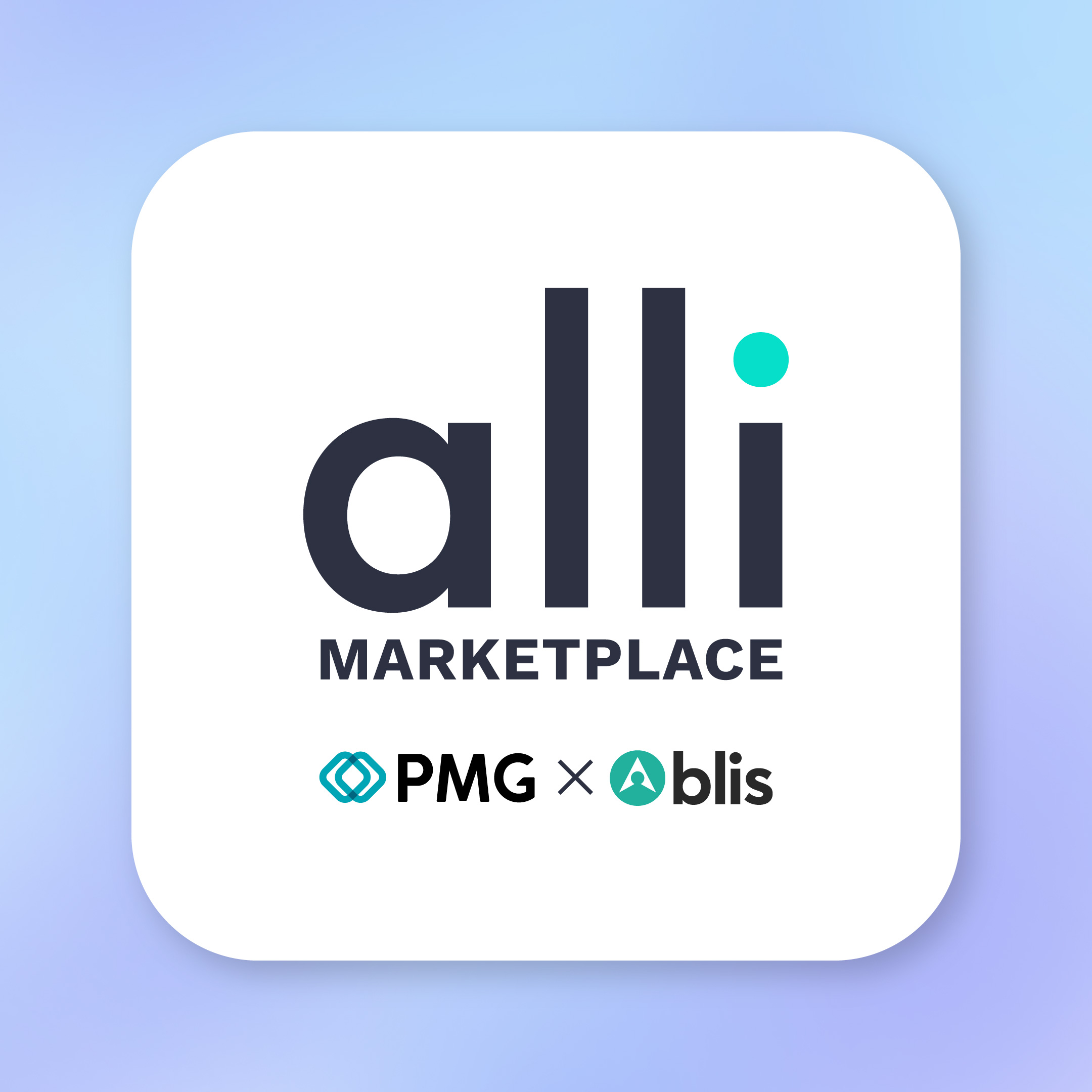Saving and repaying debt the top priorities with home improvement and investing in cars proving popular
London, Wednesday 19 August – Blis, a trusted leader in location-powered advertising and analytics has today released the Blis consumer confidence pulse, an interactive tracker that captures a quick snapshot of consumer sentiment. The tracker plots how consumers are feeling about their local economy, household finances and spending intent and the survey is running in the UK, USA, UAE, Singapore and Australia.
Based on the three highly topical questions around finances the Blis pulse is updated twice monthly to provide a rounded picture of how consumers are reacting to changes in their situation, both personally and on a national scale.
Head of Insights, Alex Wright speaking on the tracker said, “We started this tracker in the wake of the COVID-19 outbreak being declared a pandemic to give us a quick read on consumer sentiment. Armed with the knowledge of what consumers are telling us, we can then plot this against our retail foot traffic and consumer movement data to give a rounded view of progress through crisis, stability and recovery.”
Over the past six months, physical movement restrictions have ebbed and flowed in different cities across the country with daily activities requiring new safety measures. As a result, most consumers are behaving differently, with many working from home, avoiding crowded public spaces and communicating virtually. For brands, this tracker provides an opportunity to contextualise other data sources to really understand the concerns of their audience.
“2020 has been nothing short of a rollercoaster year. Everyone has been impacted differently and now people are not only concerned about the health crisis, but also the global financial crisis. Since March, we’ve seen brands pivot their operations, strategy and messaging multiple times to meet their consumers’ concerns about safety. Looking ahead, it’s essential for brands to pivot again and remain sensitive to their audience’s financial confidence. The Blis consumer confidence pulse allows brands a quick snapshot of the direction of sentiment”, said Charlie Smith, Managing Director, Europe.
The interactive trackers can be found here and will be updated twice monthly.
Regional highlights
For respondents in the UK, sentiment towards the national economy remains low in light of news of the country being in a recession. Responses concerning household finances have remained relatively robust by comparison. For the most part, consumers say they’d channel any additional income into savings or repaying debt, with home improvement a popular third choice as restrictions extended and the good weather remained throughout the summer.
A downturn in net sentiment towards both the Australian economy and household finances started as the country, for the most part, was emerging from an initial lockdown. For those with spare funds, saving and debt repayment remained top priority for much of the lockdown, with automotive investment rising as lockdown eased.
At a macro level the economic outlook in the US is optimistic. Closer inspection, however, shows that the rise in net sentiment has come as a result of sentiment shifting from negative to neutral, as people remain uncertain in light of the fluctuating levels of the virus across the country. This pattern is reflected in personal finances also, as people wait to find out the impact of the removal of the enhanced unemployment support packages. Despite this uncertainty, respondents in the US are almost as likely to spend spare funds on purchasing a car as saving for a rainy day.
Optimism in the economy of the UAE recovered from late July, its lowest dip since tracking began. Looking closer we can see that this resulted in people shifting from pessimistic to optimistic, with those feeling neutral remaining relatively flat, which of itself is a positive outcome. The same pattern was replicated when asked about household finances following recent announcements regarding economic stimulus for non-oil and small and medium private sector businesses. Perhaps unsurprisingly, saving remained the top way people would spend spare funds.
For the most part sentiment towards Singapore’s economy has remained remarkably robust, except for a dramatic swing in June. This coincided with Prime Minister Lee’s address to the nation and messaging from several government ministers that the Covid-19 pandemic meant the road to recovery would be a long one. Early July saw the most optimism in both the economy and household finances although we’re beginning to see a decline in sentiment once again. Interestingly, the pessimistic spike in early June led to a surge in intent to spend additional funds on home improvement, as people prepared to settle in for the long haul. Aside from this, Singaporeans have consistently declared their intent to save any spare income.




